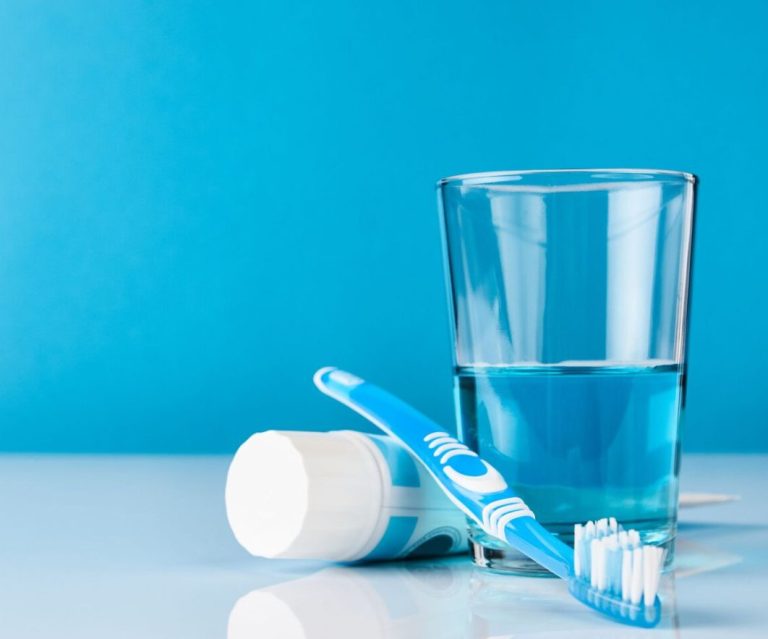Are Routine Doctor Visits as Important as They Say?
Routine doctor visits have long been emphasized as a cornerstone of preventive healthcare. These visits can help detect health issues early and manage risk factors for disease, but there is an ongoing debate about their necessity, given time constraints and alternative options. This article explores whether routine visits to the doctor are as crucial as widely believed, incorporating insights into modern healthcare trends.
The Significance of Routine Doctor Visits
Routine check-ups are often presented as critical in maintaining good health. Regular visits allow medical professionals to monitor changes in a patient’s health, ensuring early detection of potential health conditions. Despite their importance, a significant number of Americans delay or miss these appointments every year due to issues such as transportation barriers, which not only impact their health but also place a financial burden on the healthcare system.
Many individuals struggle to prioritize routine doctor visits amidst busy schedules and competing demands. The absence of a perceived immediate benefit can make these appointments feel less urgent compared to other obligations. However, skipping these visits can lead to worsening health outcomes, which in turn can increase long-term healthcare costs.
There is a stark contrast between those who have access to regular medical care and those who do not. Approximately 6 million Americans annually miss non-emergency medical appointments, illustrating the gap in healthcare accessibility. The healthcare system must address these barriers and emphasize the lifelong benefits of consistent medical check-ups.
Alternatives to Traditional Medical Visits
With the advent of digital health services, people now have more alternatives to traditional in-office visits than ever before. Telehealth consultations, wearable technology, and mobile health applications offer convenient options for those unable to attend in-person appointments. Interestingly, over 42% of hospitals have begun to offer complementary and alternative therapies, showing a growing recognition of diverse healthcare needs.
The rise in these alternatives reflects a shift towards a more holistic and patient-centric approach to healthcare. Such services can be particularly beneficial to individuals with limited mobility or those living in remote areas. These advancements may encourage more people to engage proactively in their health maintenance without needing to travel for every appointment.
While digital health tools provide valuable support, they cannot entirely replace the insight offered during in-person evaluations. Physical examinations yield critical information that technology may not fully capture. Therefore, it’s vital to strike a balance between digital solutions and traditional visits to ensure comprehensive healthcare management.
Healthcare Coverage and Access
Understanding the type of health insurance one has is crucial in facilitating consistent healthcare visits. In 2022, data showed a higher prevalence of insured adults having private healthcare plans compared to public ones. Specifically, 65.6% of adults were covered by private insurance, whereas 36.1% depended on public healthcare, highlighting disparities in coverage options and access.
The type of healthcare coverage can significantly influence an individual’s ability to seek regular medical advice. Those with private plans might enjoy broader networks and more flexible appointment scheduling. Conversely, public health plan beneficiaries often face longer wait times and fewer provider choices, potentially deterring regular healthcare engagement.
Efforts to bridge these gaps are necessary to ensure equitable access to routine medical visits for everyone. Policymakers and healthcare providers must collaborate to reduce delays and expand available services under both public and private plans. Improving this access is essential for promoting preventative care and fostering a healthier population.
Routine doctor visits are an essential element of preventive healthcare that should not be underestimated. Despite the emergence of alternative approaches and some barriers to access, regular medical check-ups remain crucial for maintaining long-term health. By understanding the role of these visits and addressing the barriers to access, patients can better manage their health outcomes and contribute to a more effective and efficient healthcare system.


